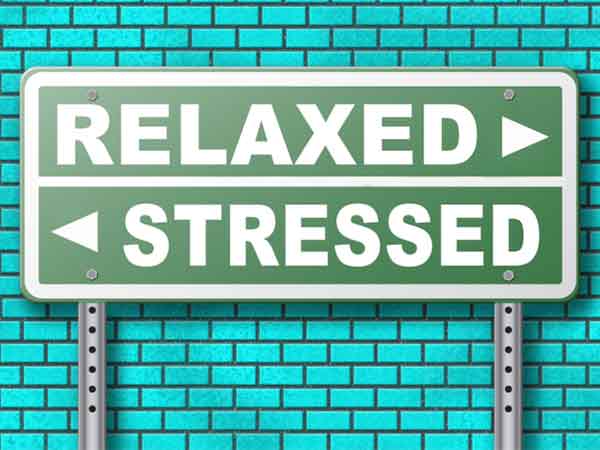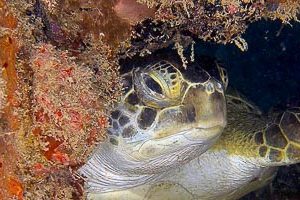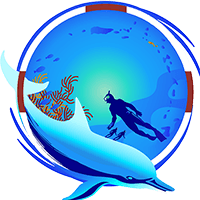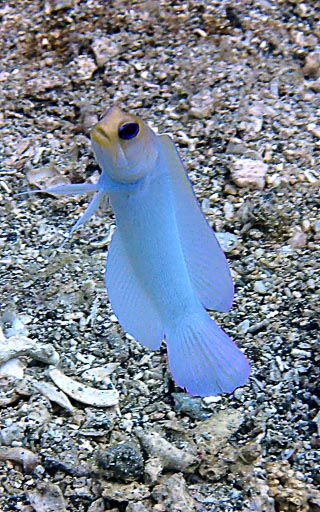Am I Safe to Dive ? -by David J Hall
“Sometimes I tend to overlook my own self-evaluation before diving. Perhaps we all know it’s not a matter of “can I dive”, it could be a matter of “should I dive”? I learned a powerful mnemonic in my flight training which I apply every time I get behind the controls of a flying machine. I also apply it to my diving.”
David J Hall
This article was actually published in a Facebook scuba diving group, the author kindly gave me permission to quote from it.
AM I SAFE
A simple mnemonic that gives us all a handy mental reference for self assessment before any dive.
“A” is for Attitude
In diving, being prepared for incidents can ease your eventual encounter with them. A positive attitude of confidence gives you the edge in dealing with stressful and dangerous scenarios. in accident studied, remarkably, the only difference between some survivors and those who perished was the attitude of the individual.
“M” is for medications
For prescriptions, ask your doctor if the medication causes fatigue or impairs judgment or motor skills. There may be options that are better for divers.
For over-the-counter medications, check for any warnings about operating vehicles or drowsiness.
It’s best to take any new medication for a couple of days before you dive to ensure you don’t have any unusual reaction.
This counts for seasickness remedies, jet lag remedies and everything else! If you have not taken that particular “pill” before, then don’t take it just before diving.
“I” is for illness
If you have one, then there’s a good chance you should not dive. This is especially true if you have any symptoms of fatigue, weakness, drowsiness, congestion, nasal blockage or difficulty with balance.
Ok, you’ve paid for the diving, you have traveled, you have been looking forward to it BUT is any dive really worth the risk of an injury or worse.
“S” is for Stress
Am I distracted by family, relationship, job or business concerns? Is there something about the dive itself that causes undue concern? Is it possibly beyond my limits, or too complicated as to cause mental concern or worry?
Caution is a wonderful trait in a diver but if conditions lead to preoccupation with the hazard, or non-diving aspects of your life dominate your thinking, consider postponing the dive until the stress is reduced.
Something as simple as arriving at the dive boat late or forgetting a piece of kit can cause diver stress, don’t be that diver.
I talk about stress factors in my post on using less air.
“A” is for Alcohol
Eight hours bottle-to-regulator is a bare minimum. You should be entirely free of alcohol impairment when diving.
Including the possible effects of too many Jägerbombs at the Dive Bar from the night before.
Alcohol dehydrates you, Scuba dehydrates you, a combination of the two increases your risk of DCS.
“F” is for fatigue
Have you not slept well the last few nights? Will you end your dive at a point when you have been awake more than 14 hours, from alarm clock to end of the safety stop?
Sleep deprivation is as detrimental as drinking alcohol. Get a quick nap in the afternoon if going on a night dive.
When I am tired before diving the one effect I really notice is that my SAC rate increases by about 20%
“E” is for emotion
Emotion is another component of stress. Compound emotions, including grief, guilt, shame, anxiety, stress and burnout can multiply the stress factor. A non-judgmental approach to diving provides considerable protection against many negative emotions. Controlling ego can also go a long way in keeping emotions in check. When diving, never take anything personal, never make any assumptions, always do your best and be impeccable with your word.
Before every dive can you honestly say:
I AM SAFE
My attitude is positive.
I feel well.
I’m not taking any (new) medications.
I have no undue stress affecting me.
I haven’t had alcohol today (or too much last night).
I’ve slept well.
I’m diving without distraction by emotional factors.
If all the above applies then there is a good chance you are fit to dive.
…….and you are minimizing your DCS risk.
Thanks to David for the use of his article…………..











